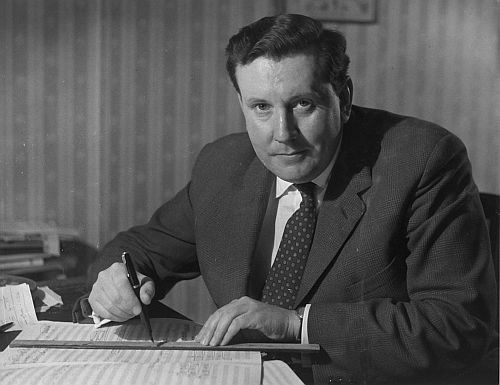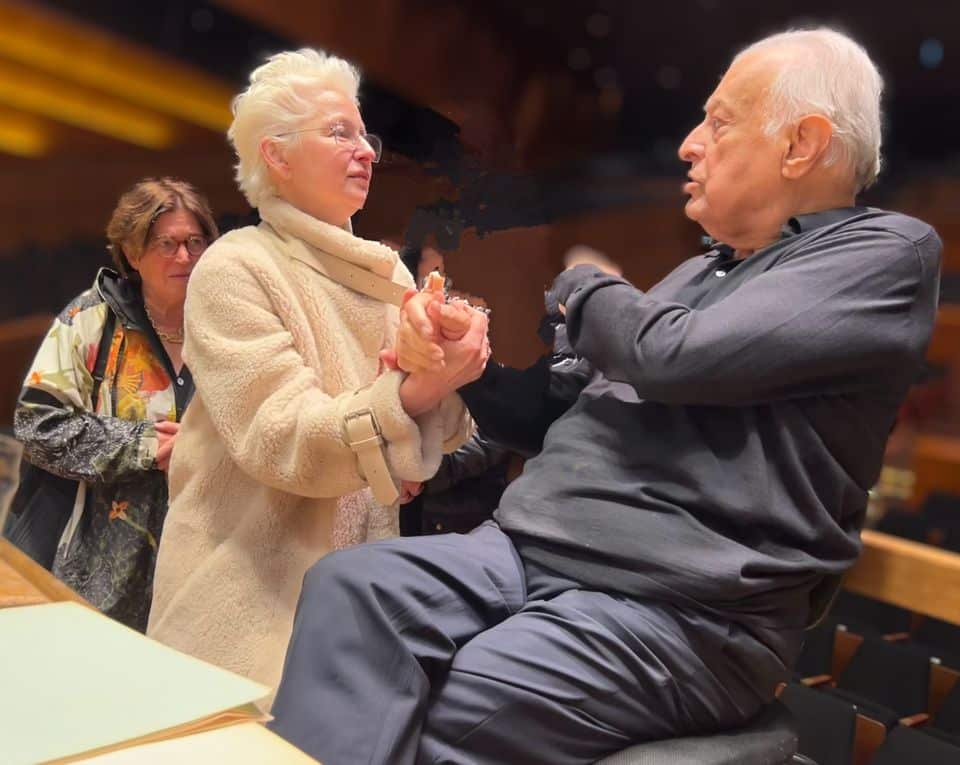Sir Malcolm Arnold makes the New York Times
NewsBig feature today on the marginalised British composer.
Despite Arnold’s being one of his country’s most prominent and popular composers during his lifetime, there have been few celebrations of his centenary. His work was stubbornly, unfashionably tonal, and frequently witty; he pursued neither the pastoral idioms that obsessed Vaughan Williams, nor the serial techniques that burst onto the scene in the 1960s…
Really good to see Malcolm’s effervescent and unfailingly attractive music brought to wider attention, but the piece might have benefited from insight by a conductor who has performed his music since age 15.
Simon Rattle, I’m thinking.






Comments